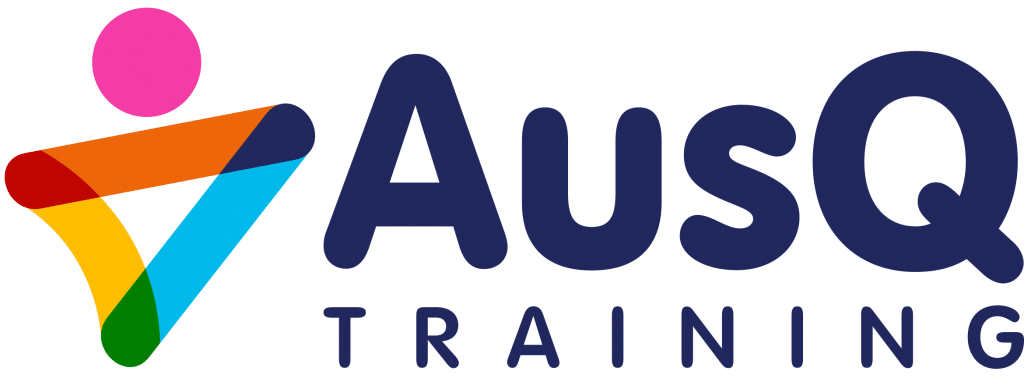Recognised Prior Learning (RPL) is a method of assessment that makes formal qualifications more accessible to people already in the workforce, building their careers.
Being awarded qualifications through RPL means that you don’t have to study what you already know. Instead, you provide suitable evidence that you already have the knowledge and skills that studying the qualification would give you.
Qualifications gained through RPL can range from short courses, industry accreditations, certificates and up to Advanced Diplomas and Graduate Diplomas.
Being awarded nationally recognised qualifications through RPL shows employers what you know and gives you an important feeling of self-worth.
A minimum of six months of relevant experience is required and the experience cited as evidence must be from the last five years.
Who is Eligible for Recognised Prior Learning (RPL)?
There are a few boxes to tick before you can get underway with Recognition of Prior Learning. Your eligibility will be determined by the industry you work in, the type of qualification you’re seeking and any relevant formal or informal prior learning you’ve attained.
What is RPL and How Does it Work?
Recognition of Prior Learning, or RPL, takes into account the skills and knowledge you’ve already gained in your field of work or through study, school and life experiences. Whether formal or informal, an RPL assessment uses your existing skills to fulfil the credits required for a formal qualification.
In order to gain an RPL certificate, sign up for a registered training organisation like AusQ Training. They’ll give you a free preliminary assessment that will give you an indication of whether your previous experience and learnings should be formally recognised. The assessment will also help identify what you need to do to reach your career goals.
Next, you’ll need to gather all the evidence that prove you have gained knowledge and understanding that should be accredited. This includes items such as however not limited to the following:
- Current resume
- Reference letters
- Work samples, photos or videos
- Certificates and transcripts,
Understanding The Differences?
What is the difference between RPL, recognition of current competency, credit, credit transfer and National Recognition?
RPL is a process that involves assessment of an individual’s relevant prior learning (including formal, informal and non-formal learning) to determine the credit outcomes of an individual application for credit.
Recognition of Current Competency (RCC) applies if a student has previously successfully completed the requirements for a unit of competency or module and is now required to be reassessed to ensure that the competence is being maintained. The costs for students undertaking RCC should be calculated on a commercial basis.
Credit is the value assigned for the recognition of equivalence in content and learning outcome between different types of learning and/or qualifications. Credit reduces the amount of learning required to achieve a qualification and may be through credit transfer, articulation, RPL or advanced standing.
Credit transfer is a process that provides students with agreed and consistent credit outcomes for components of a qualification based on identified equivalence in content and learning outcomes between matched qualifications.
Can RPL be Done in an Apprenticeship or Traineeship?
Yes. However, there are different requirements depending on whether the Apprenticeship/Traineeship is a Class A or Class B qualification. Individuals seeking RPL for a Class A qualification must be able to demonstrate competence as a result of training received from an employer. If they do not meet the requirements for all the necessary units of competence, they will need to complete their training under a training contract.
Note: Training received from an employer does not include self-employment or experience gained through hobbies. Individuals seeking RPL for a Class B qualification need to demonstrate skills and competency required for the qualification, not necessarily achieved as a result of training from an employer.
Who Is RPL Best Suited To?
Recognition of Prior Learning is for you if you want to:
- Secure a new job or internal promotion
- Change industries or professions
- Increase your career security
- Meet industry compliance requirements
- Gain credit towards university study
- Re-enter the workforce
Our Process
Thinking of getting in touch, here is what to expect for RPL process;
- Participate in a free RPL preliminary assessment
- Select your required qualifications for RPL and provide documented evidence
- Receive your nationally recognised qualifications
